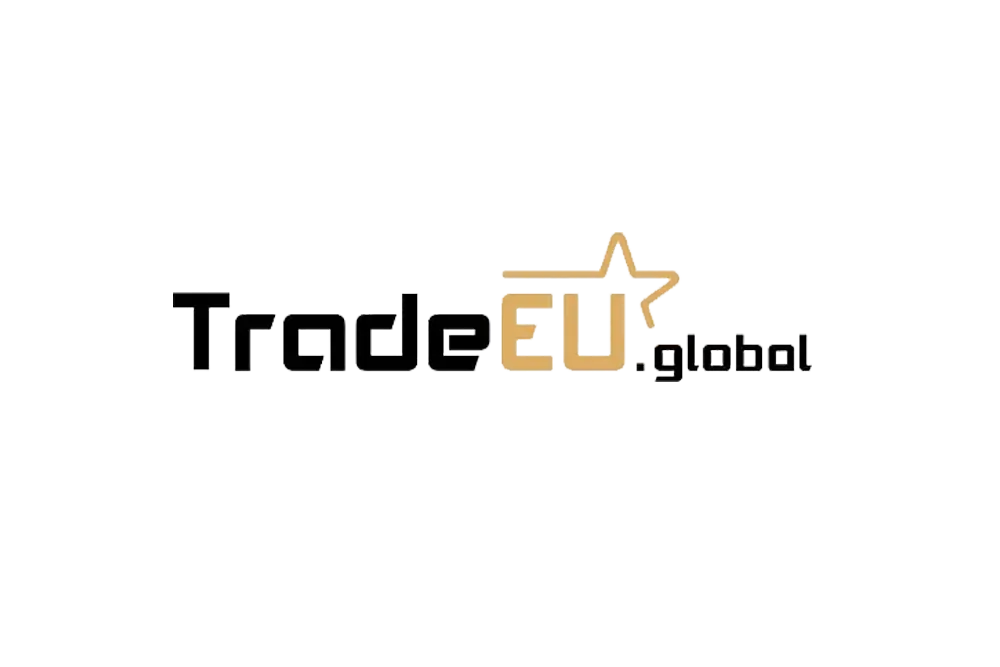GlaxoSmithKline (GSK) agreed to a $1.9 billion deal to buy U.S. drug researcher Sierra Oncology (SRRA) on Wednesday, the latest step to fight off activist shareholder Elliott.
Since Elliott purchased a major interest in GSK last year, the business has been under increasing pressure to improve its therapeutic pipeline.
The agreement comes as the corporation plans to spin off its huge consumer healthcare business, which also includes brands like Sensodyne toothpaste, in July, in the company’s biggest shake-up in two decades.
Sierra shareholders will get $55 per share of common stock in cash. Sierra specializes in tailored treatments for the treatment of uncommon cancers. Last year, GSK’s oncology division accounted for around 2.8 percent of the company’s overall pharmaceutical sales.
Sierra expects to submit an application for marketing authorization in the United States in the second quarter for its investigational medicine, which is being prescribed to treat anemia in patients with bone marrow malignancy.
GSK has seen many setbacks in clinical trials for the cancer drugs, both of which were earlier hailed as potential billion-dollar sellers.
It will lose patent protection on HIV medicine, which is worth $3.9 billion in annual sales, by the end of 2027.
In January, late-stage clinical trial data revealed that the medicine was effective in decreasing disease symptoms and reducing patients’ need for blood transfusions.
The deal is scheduled to finalize in the third quarter and will supplement GSK’s Blenrep therapy for a kind of blood cancer.
GSK and iTeos Therapeutics Inc have agreed to collaborate on the development and commercialization of potential cancer treatment.
Global stock markets had some movement on Wednesday, stopping after a six-day slide amid mixed inflation data, while oil prices remained near recent highs due to stalled peace talks between Russia and Ukraine.
As the Russian invasion of Ukraine drove up inflation pressures, hawkish actions from the world’s leading central banks weighed on asset markets. Monthly underlying inflation pressures eased as goods prices fell for the first time in two years, excluding food and energy.
More News.



